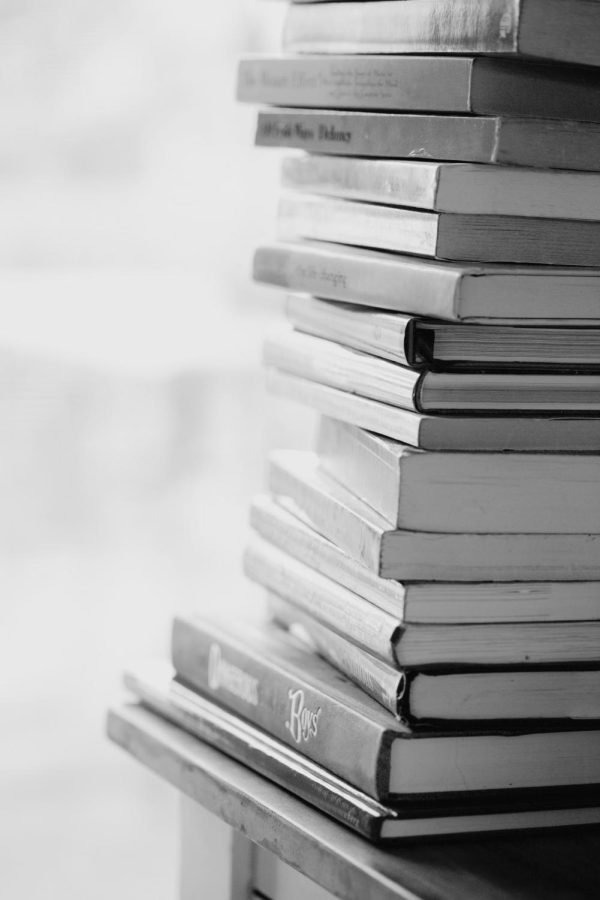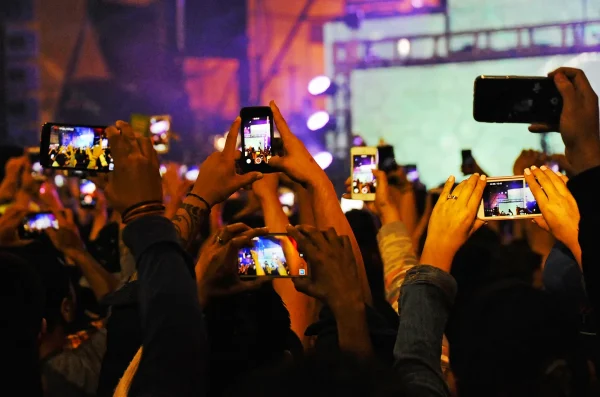Banning books should not be the main concern
The mission of public libraries is to be accessible to people of all ages.
Feb 14, 2022
All across the country, there have been movements to take books off the shelf in public schools’ libraries for decades. But lately, the push has been faster and stronger than the U.S. has ever seen before.
Parents in schools from Texas to Vermont, to Washington and beyond have asked that books be removed from their children’s access due to containing ideas about race, sexuality and other potentially polarizing topics. However, this isn’t really the way it should be.
Since the beginning of time, authors have had a duty to write about anything and everything under the sun and even further that. Trying to shield students from reading about things they should and will be exposed to anyways is just going to harm them in the end.
Some of the reasons behind the efforts to remove books from the libraries of schools across the country are also somewhat appalling.
Some parents think that books exploring characters’ sexuality are too inappropriate for young readers, stating that they shouldn’t be questioning themselves about something that they don’t yet fully understand. This sounds more like a parental fear.
Other removal requests have been due to ideas of racism and inequality being discussed in the books. In an article reported from the NBC news, one Houston parent even said of “Ghost Boys” by Jewell Parker Rhodes that the story of a young black boy who was killed by police would make white children “feel ashamed based on the color of their skin.” I think they missed the point of the book altogether.
Books aren’t only meant for entertainment but to educate people on topics through stories. Schools and public education are supposed to prepare kids and teens for living in the real world. The books that parents and school boards are trying to shield children from are the books that would allow them to have knowledge on real issues and ideas that they’ll see every day.
“If kids aren’t exposed and educated about these things, what are they going to do when they’re faced with diversity?” says an elementary teacher from Marion, Iowa.
The other issue with this is the true thoughts behind the efforts. The people who are trying to take these books away from students’ eyes are really just working to take back control. They aren’t trying to protect kids from things they shouldn’t be seeing but are trying to make sure they don’t get exposed to things that they don’t personally think are appropriate.
Parents and legislators shouldn’t be able to control what books everyone’s kids have access to read. If they’re uncomfortable with the content, they can have that conversation with their own child, but they cannot decide for everyone what’s permissible to read.
All in all, it’s completely unacceptable for anyone to make the decision for the general population on what they should and shouldn’t be allowed to read. Everyone should have the opportunity to be exposed to ideas around race, sexuality and anything else that they’ll be experiencing every day of their young and adult lives.
Schools should be preparing students for the things they’ll be exposed to in the real world, not putting up a facade of protection to control what’s being read. No one has the right to decide for others what they ingest, and these books will forever be important to the development and acceptance of people who are different from ourselves.

















